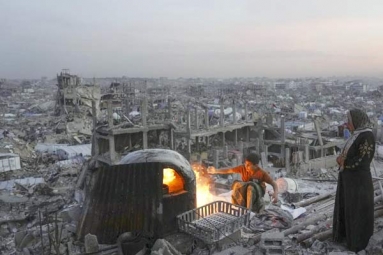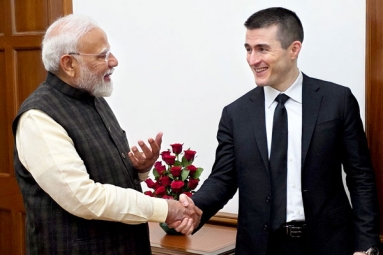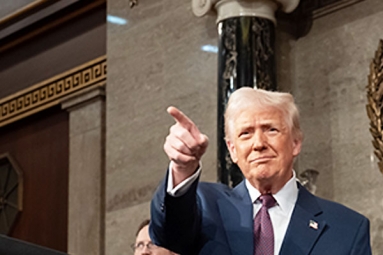
Under the new rule put forth by the United States, virtually all the applicants of the U.S. visas should now have to provide information details of their social media handles going back five years. The new rule is expected to affect nearly 15 million people annually.
The move is to enhance vetting of foreign nationals and to screen out terrorists and other dangerous individuals seeking entry into the United States.
Under a new policy adopted by the State Department on Saturday, the visa applicants, including temporary visitors, will be required to list their social media identifiers in a drop-down menu including some other personal information.
If an applicant doesn’t use social media, they have an option to say that. However, if a visa applicant lies about social media use, they could face “serious immigration consequences” as a result, a U.S. Department of State official told a media outlet.
As of now, the drop-down menu only includes major social media websites, but the applicants soon will be able to list all sites that they use. “This is a critical step forward in establishing enhanced vetting of foreign nationals seeking entry into the United States,” the official said.
“As we’ve seen around the world in recent years, social media can be a major forum for terrorist sentiment and activity. This will be a vital tool to screen out terrorists, public safety threats, and other dangerous individuals from gaining immigration benefits and setting foot on U.S. soil.”
The social media identifiers will be embodied in a background check review against watchlists generated by the United States government.
In the near future, applicants will also be required to turn more extensive information on their travel history.
The policy originates from a March 2017 executive order issued by President Donald Trump intended to put “extreme vetting” into place.
Earlier, social media information was asked of only certain individuals whose applications required further review. Now the information is required as part of all immigrant (form DS-260) and non-immigrant (form DS-160) online visa applications.
A high volume of Indian applications is likely to be impacted by the new proposal.
Processing times for visas to the United States are likely to go up significantly following the implementation of a new rule since last week requiring applicants to declare their social media profiles for the last five years.
The American Civil Liberties Union (ACLU) had called the proposal “ineffective and deeply problematic” when it was initially proposed by the State Department in 2018.
By Sowmya Sangam






















